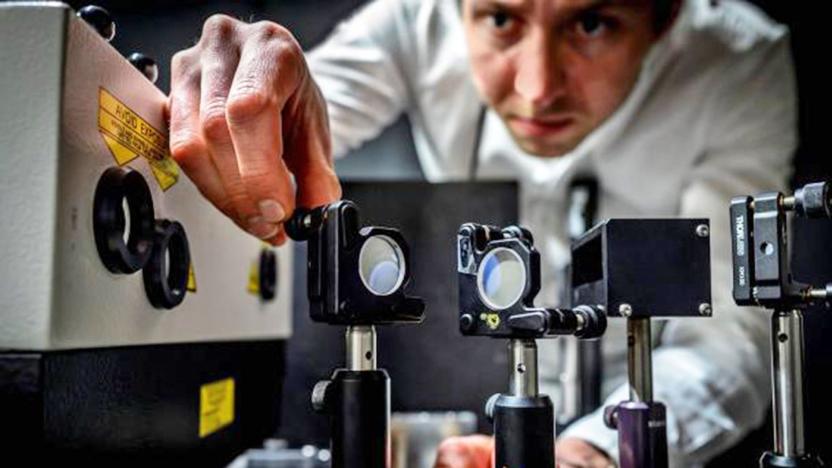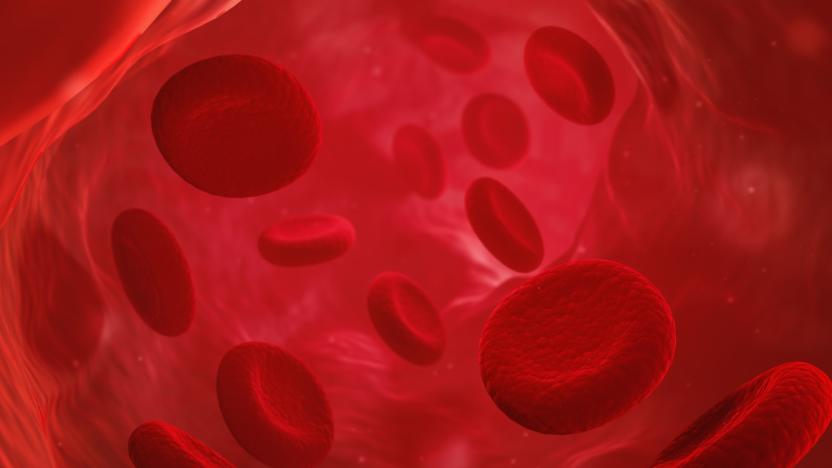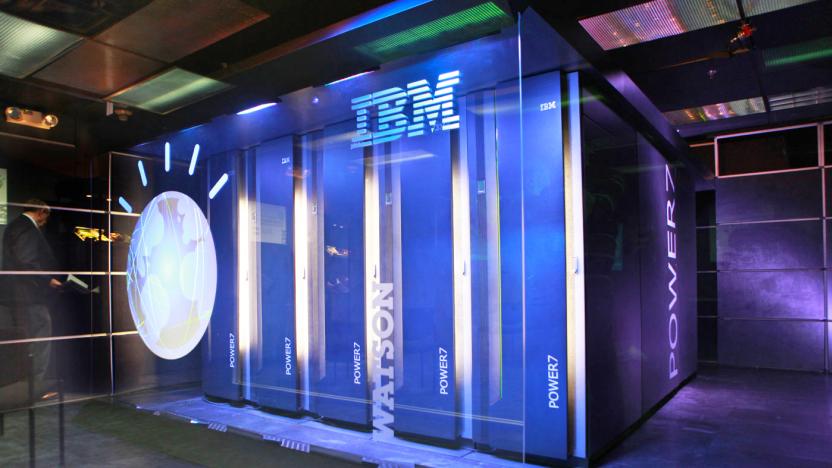lunduniversity
Latest

World's fastest camera can capture rapid molecular processes
Those high-speed cameras that capture over million or even over a billion frames per second have got nothing on Lund University's creation. The Swedish University's invention can film at a rate equivalent to five trillion images per second -- that's enough to capture anything that happens within 0.2 trillionths of a second. We're talking about events much faster than anything your GoPro can capture, particularly natural processes and reactions in chemistry, physics and biology.

Scientists rejuvenate blood by reprogramming cells
Like it or not, your body gradually loses its capacity for producing blood as you age -- that's why immune deficiencies, leukemia and other blood conditions become more likely with time. Scientists may have found a way to turn back the clock, though. They've found a way to rejuvenate blood by reprogramming the stem cells that create it. The team effectively "resets" the stem cells by turning them into iPS cells, which can generate any kind of cell. When they once again form blood stem cells, it's as if they were brand new.

Scientists built a book-sized, protein-powered biocomputer
Supercomputers are absurdly impressive in terms of raw power, but it comes at a price: size and energy consumption. A multi-university team of researchers might've sidestepped that, though, with protein-powered biocomputers. Lund University notes that where this should really be helpful is with cryptography and "mathematical optimization" because with each task it's necessary to test multiple solution sets. Unlike a traditional computer, biocomputers don't work in sequence, they operate in parallel -- leading to much faster problem solving.

Nanowire technology will improve brain-stimulating implants
Scientists at Lund University have published a paper about a new nanowire thread (only 80 nanometres in diameter) that will work to strengthen brain implants. Neuro-prostheses are currently used to stimulate and collect information from the brain of those with Parkinson's disease, along with other illnesses. However, one of the biggest problems that current tech faces is that the brain identifies the implant as a foreign object and uses cellular material to surround the electrode, resulting in a loss of signal. With the newly developed technology, this will (hopefully) no longer be the case.

Swedish students play a gig with 3D-printed instruments
We might be far from 3D printing everything, but Professor Olaf Diegel from Lund University in Sweden wants everyone to know it already has real-world applications. So, he printed out some working guitars, drums and keyboards, formed a band and recently asked them to play what he claims is the first live concert that uses 3D-printed instruments only at his university. The professor has been designing 3D-printed musical instruments for two years, including a saxophone and the Americana guitar we played with back in 2013, which you can see in the video after the break. He's been involved in many 3D printing projects since the 1990s, though, and was even part of one that worked on shoe inserts for diabetics. Diegel says the technology allows him to create very intricate shapes "impossible to do any other way," paving way for some truly custom-made instruments.

Swedish students cook up a way to pay with your hands
Big companies have been trying to make in-store payments with mobile devices a thing for years, which makes Frederik Leifland's approach awfully refreshing by comparison. There's no smartphone, no NFC chip, no apps involved here -- all you need to pay for your Frosted Flakes and Nutella is the palm of your hand. You see, Leifland (of Sweden's Lund University) has cooked up a way to identify shoppers by the unique branching pattern of veins in their hands.




